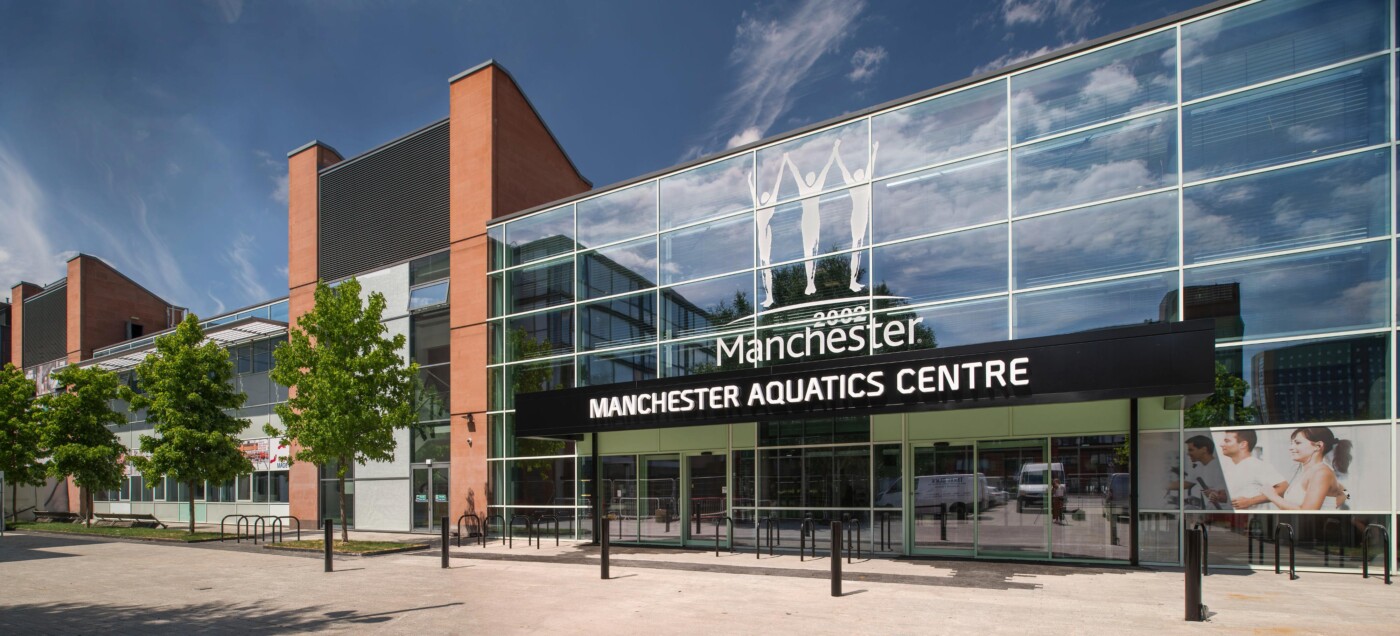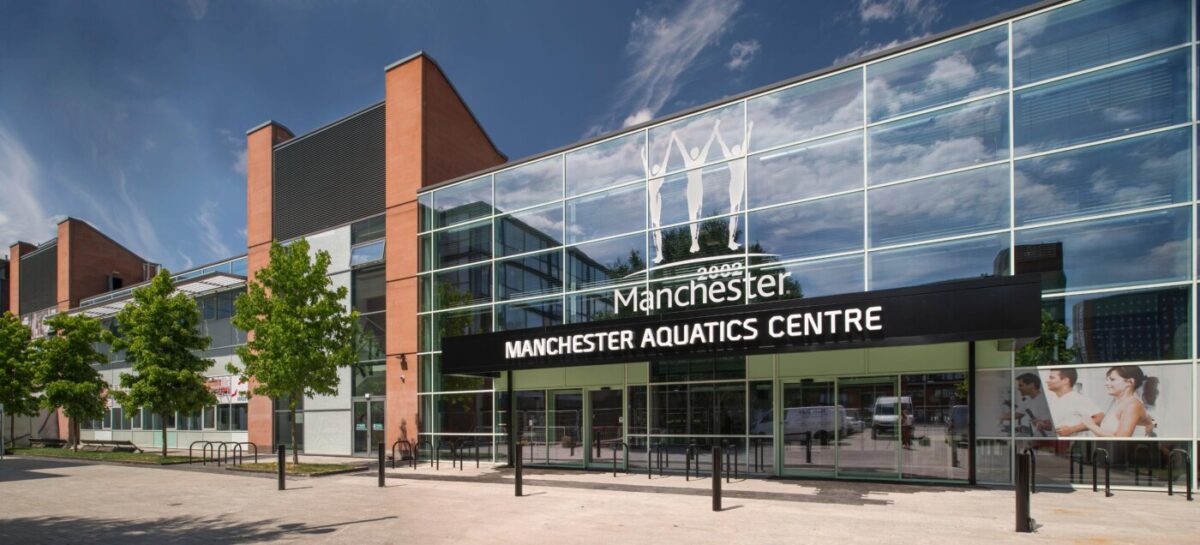This high profile and internationally significant 2002 Commonwealth Games venue underwent full refurbishment after two decades of intensive use. Including a 50m competition pool, diving pool, leisure pool and a 50m training pool, Health suites, changing village and gyms.
Although this project seems, on the face of it, less glamorous than some New Builds in Manchester, the complexity of this staggeringly comprehensive structural overhaul, to be completed for the 2023 Paralympics Swimming Championships whilst keeping the facility open for continued use, all whilst meeting the limited budget and immovable end date, cannot be overstated.
Due to local and international interest, the project had to showcase an exceptionally positive image of construction for the City and achieved 45/45 CCS score. A truly collaborative culture developed between all stakeholders throughout design and construction. A good example of this is, event organisers and the media shared Kier facilities during the event preparations and the swimming championships, due to limited space around the venue.
Three Winning Facts:
- Programme and Budget: MAC was earmarked to host the 2023 Paralympics Swimming Championships, engendering an immovable completion date. When the pandemic hit and anticipated funding did not materialise, an 18-month delay to start followed. Due to the team’s collective drive to succeed, the decarbonisation phase was delivered on budget, on time and to a very high-quality standard, regardless of the overwhelming challenges.
- Complex Live Environment: MAC remained the home for the British Para Swimming Team and GB Water Polo training, leading up to the 2023 games. To maintain a revenue stream for MCC, the venue also remained open throughout for local swimming, diving and water polo clubs, and for coaching circa 700 local school pupils weekly. It was therefore not feasible to have any downtime and a complex solution of temporary boilers and extensive temporary works were required to keep temperatures and ventilation under control.
- Innovative Solutions: To maintain the original client vision with reduced budget, many innovations were delivered, some examples:
– Refurbished the existing filtration tanks (rather than replace) generating significant cost savings and reducing carbon.
– Materials and labour supply post pandemic was still erratic. To safeguard the completion date, we over-tiled existing wall tiles, removing reliance on wet trades, also resulting in >£100k saving.


